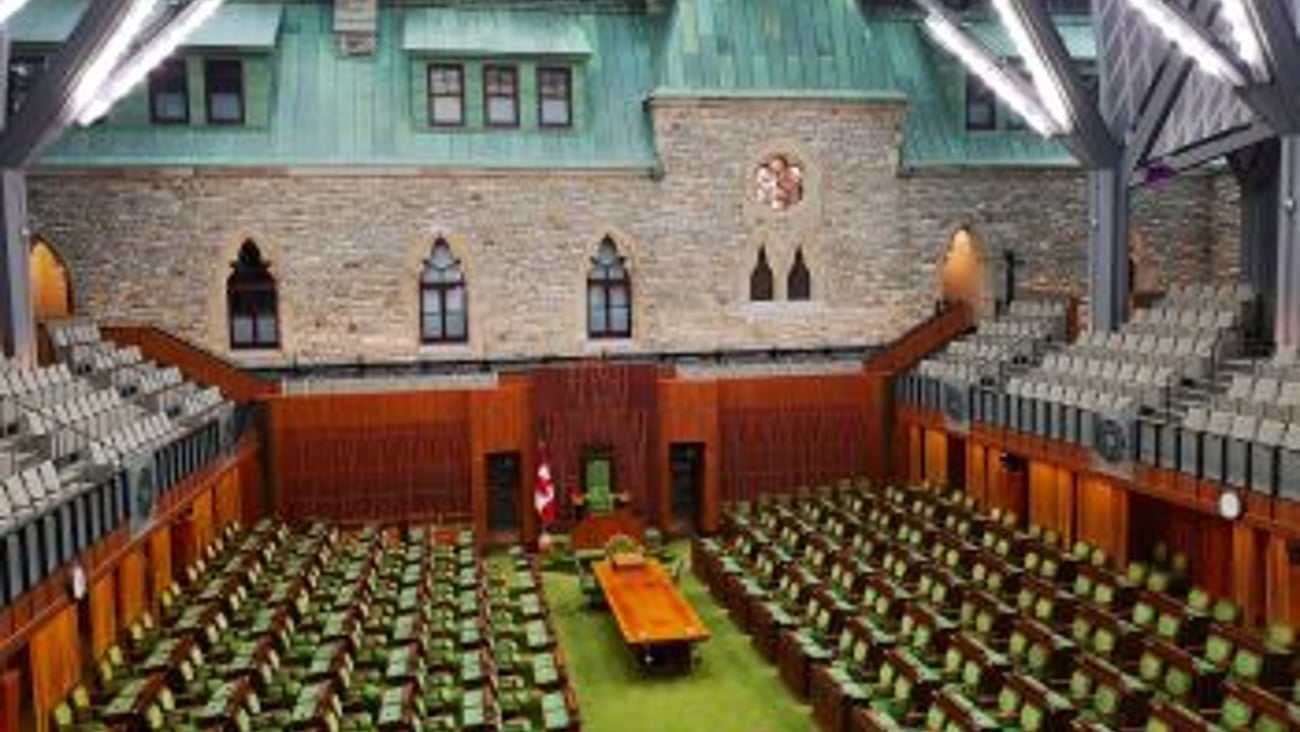A future in peril: The unsustainable cost of convenience
As we get set to release this year’s State of the Industry Report at the annual National Convenience Industry Summit, the numbers tell a concerning story. Some of the major barometers, like number of stores, sales and number of employees are all down.
This will be one of the first looks at how the pandemic impacted our industry. More importantly, how it is impacting the communities we serve.
It is why advocacy and telling the industry’s story to governments is so critical. Both federal and provincial governments can help address some of the headwinds we are facing.
Lack of movement on credit cards fees, beverage alcohol expansion, regulated gas and contraband tobacco, will lead to a further decline in the number of convenience stores. And this matters to communities, particularly in rural Canada.
Between 2020 and 2021, more than three convenience stores closed per day. That has a ripple effect for families, health care workers and emergency services as the gas station and convenience store are often the only outlet for many kilometres.
Being an essential service and remaining open came at a great cost. Some stores and stations simply couldn’t afford to remain open. Traffic was down, costs were up, and government regulations simply got in the way.
The critical role we play in communities wasn’t only seen during the pandemic, but increasingly we see the importance of our stores and their distributors in helping deal with natural disasters such as forest fires and floods. As an industry, we were there for Canadians from coast to coast to coast. And we need to ensure that we can continue to serve that essential role.
Our industry is incredibly proud of the important role we play in serving communities. But we aren’t a public service. We are, in many cases, small family run businesses who need governments to understand that when they prevent us from selling products or impose high costs through credit card fees or fixed margins on gas, it threatens our survivability. After all, our customers are their constituents.
The good news is that governments are increasingly paying attention. At the federal level, there is a commitment to address high credit card fees. CICC surveyed our retail members to better understand how much credit card fees had increased between April 2021 and March 2022. The results are staggering. Retailer interchange fees increased by 55%. This is a number that the federal government has to pay attention to. There are solutions and CICC is at the table.
At the provincial level, there are a myriad of issues that negatively impact our stores. In many provinces, the ability to sell beer and wine in our stores would be a game changer. It is a category that has helped sustain our members in Quebec, and it is necessary for stores in other jurisdictions. A key part of innovation is offering new products in our stores. But if governments prevent us from offering those products to our customers, they are complicit in threatening our long-term viability.
Canada is a very geographically spread-out country. Convenience stores and gas stations are critical to communities, particularly remote ones. In rural communities, it isn’t so much about convenience, it’s about being there as an essential service. We will continue to remind governments that it is also in their interest to ensure that the local convenience store and gas station remains to serve communities.








